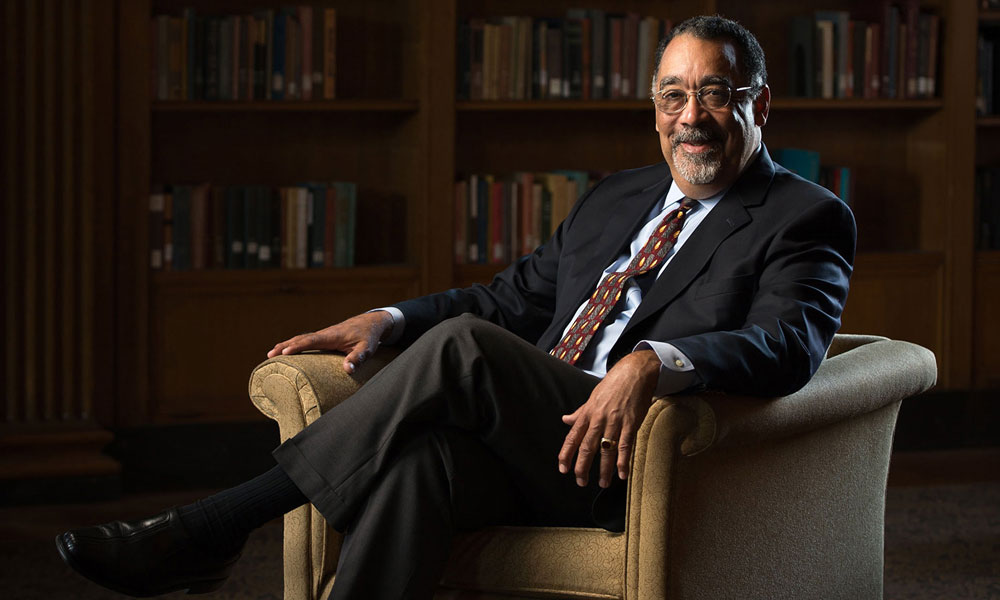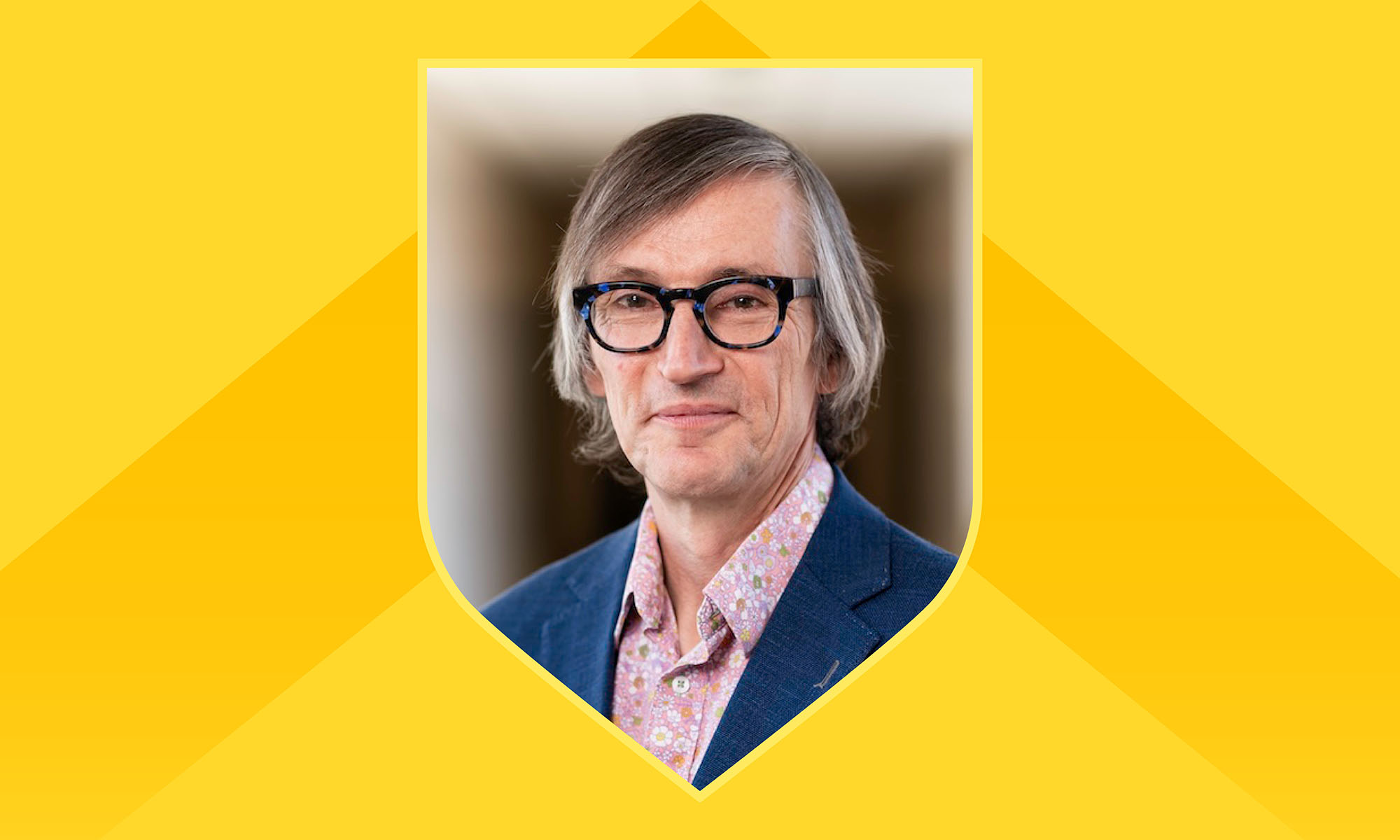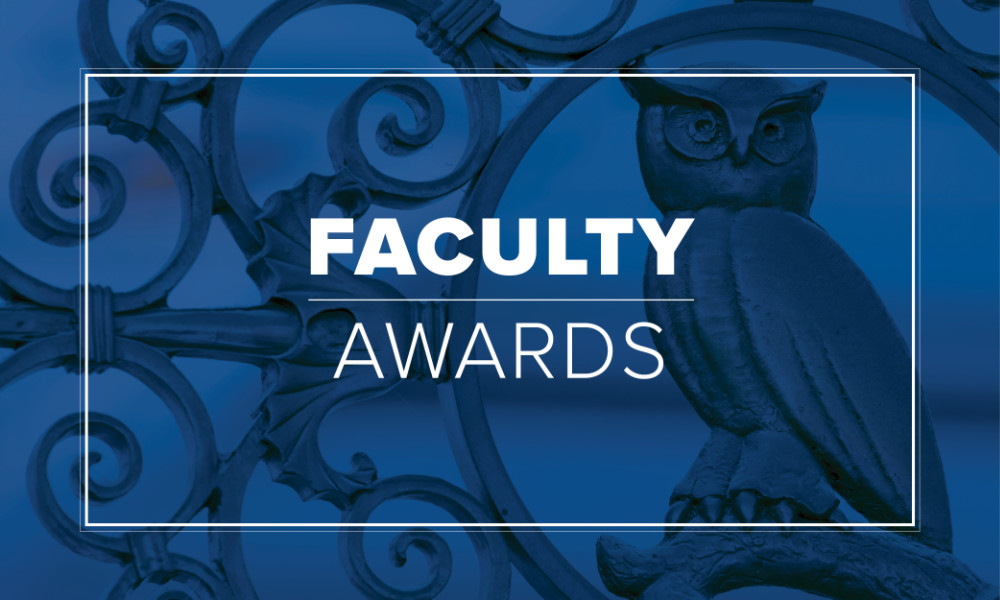Paul Burgett—musician, scholar, teacher, and University leader for over half a century—died on August 22, 2018 after a brief illness. He was 72.
Burgett, who arrived at the University’s Eastman School of Music in 1964 from St. Louis as a first-year student, became one of Rochester’s most prominent and beloved figures.




